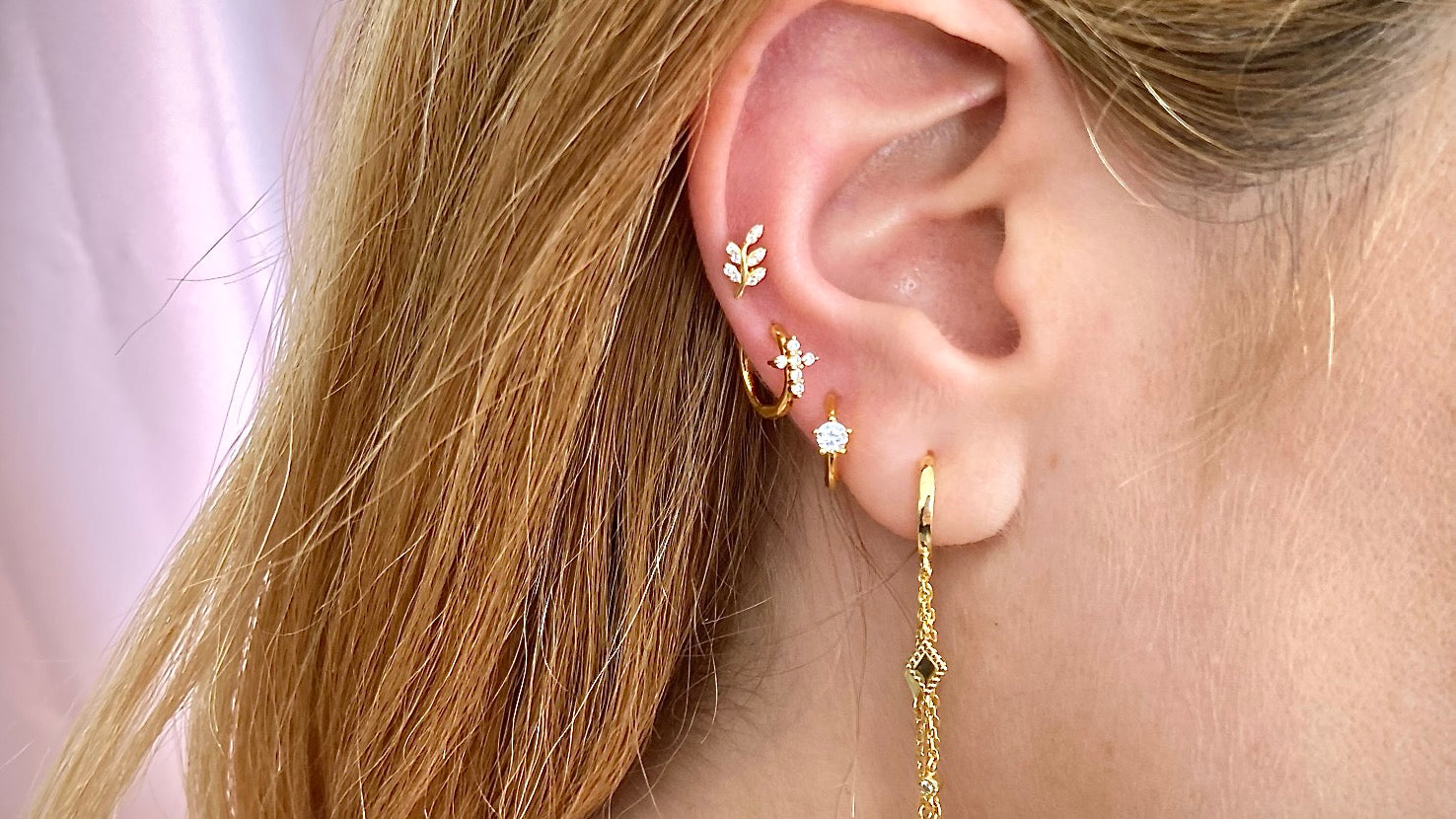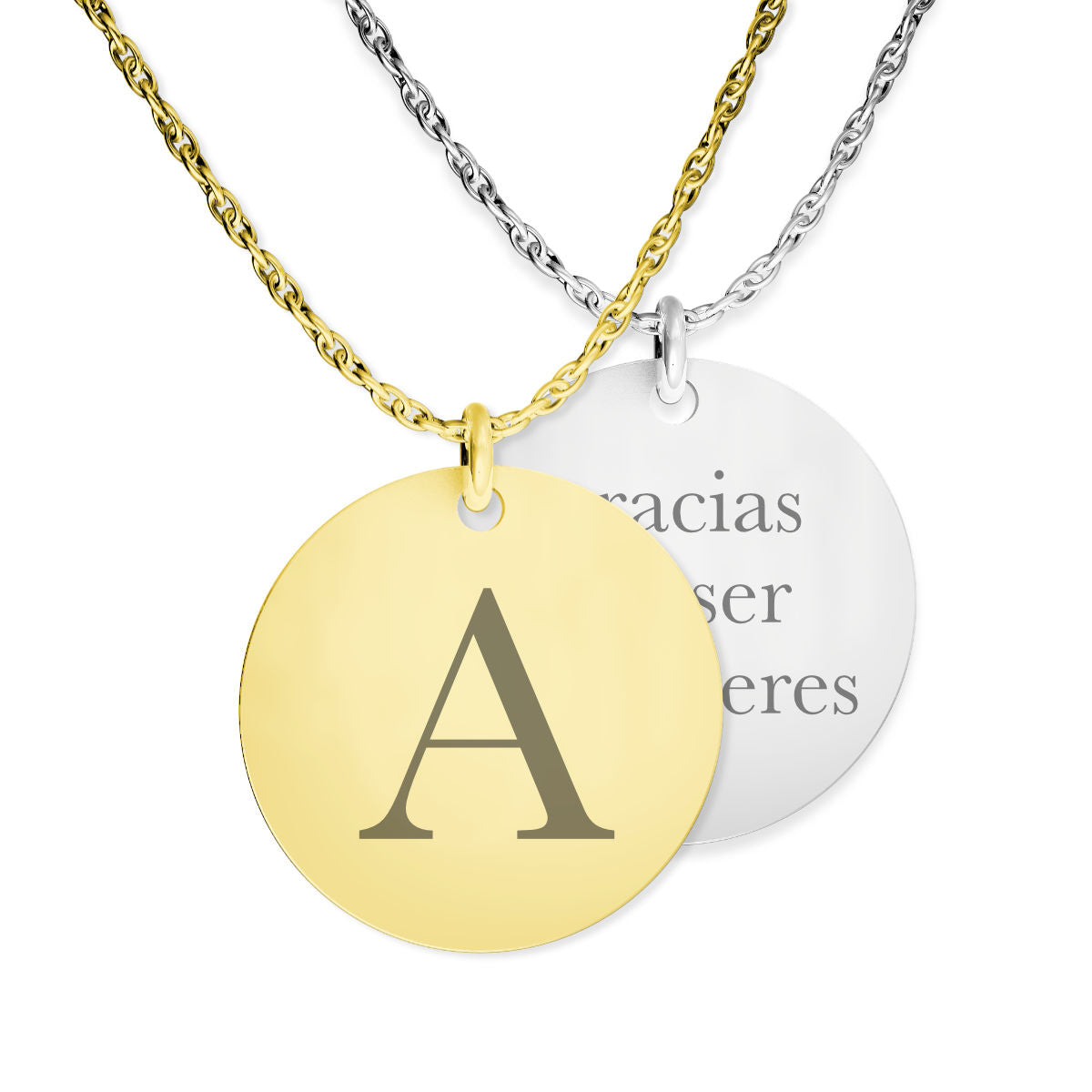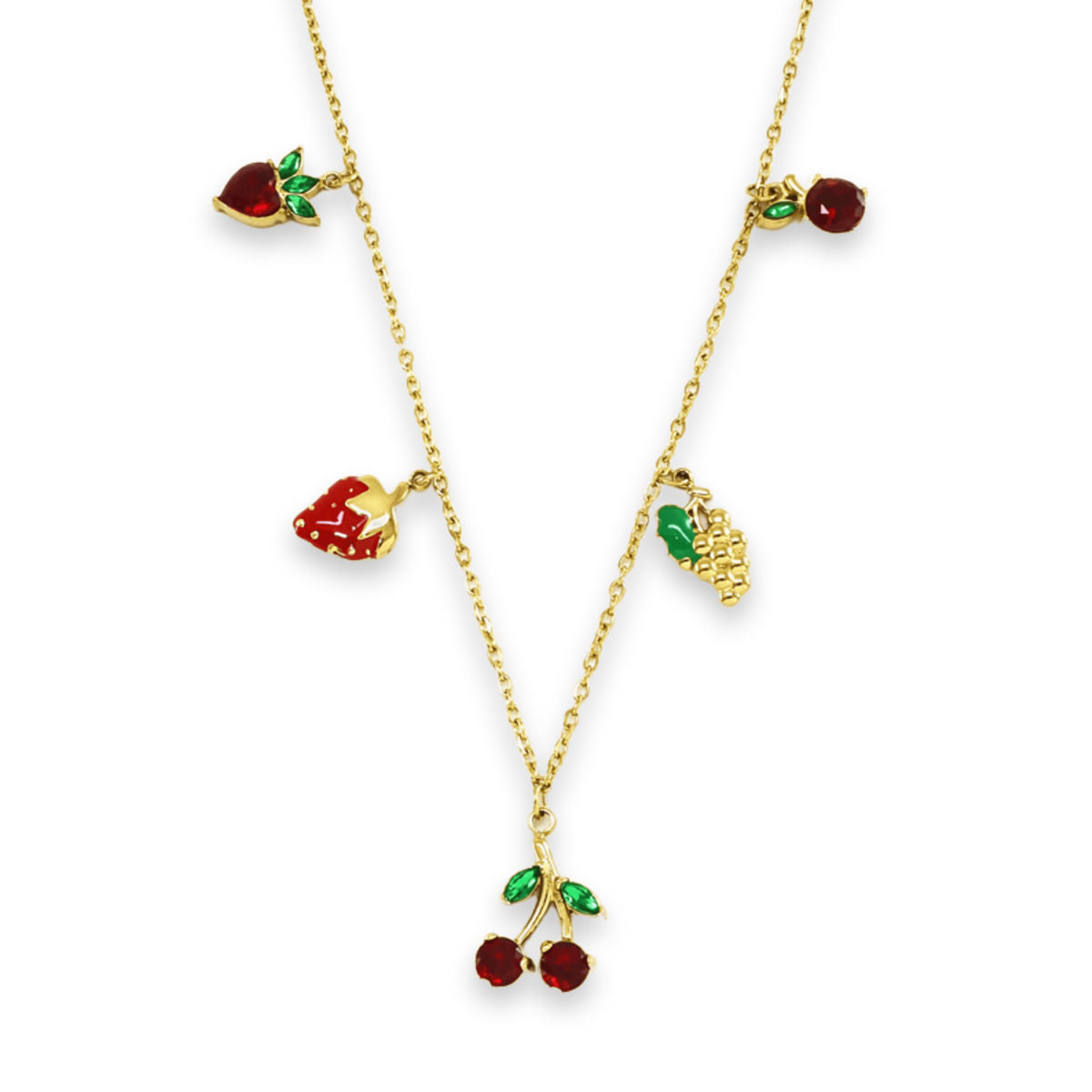Article: Juices or Smoothies, which is healthier?

Juices or Smoothies, which is healthier?
Cold-pressed juices have a healthier reputation than throwing a few fruits and vegetables into a blender. They're expensive, they have to be eaten fresh, and vendors and juice devotees sing the praises of their purported health benefits. But, what is the difference between a juice and a smoothie?
What is the difference between a juice and a smoothie?
A smoothie is made in a blender. The blades cut the fruit, vegetables or other ingredients into tiny pieces and mix them with the liquid (both the juice that is released from the fruit and any other liquid, such as milk or water, that has been added in the recipe).
A juice, on the other hand, is just the liquid part of the fruit or vegetable. While you can make juice from an orange or lemon simply by squeezing or reaming it, juicer machines typically grind or crush the fruit (much like a blender) and then separate the juice from the solids. The juice is drunk and the pulp is thrown away.

How are juices and smoothies different nutritionally?
The shakes contain everything that was in the fruit or vegetable to start with. From a nutritional point of view, drinking a shake is equivalent to eating all of its ingredients. I can make myself a bowl of yogurt with honey and berries, or I can put the yogurt, honey and berries in a blender with a little water to make it liquid.
The nutritional value of a smoothie depends on what you add to it. If you have fruit and you add juice to it and also add a sweetener like honey, you can end up with something very caloric and full of sugar.
Juicing, by contrast, removes the fiber from fruits and vegetables (the pulp that is thrown away is mostly fiber), which is unfortunate because fiber is an important nutrient that most of us should be getting more of. The juice contains many vitamins and phytonutrients, but the fruit also contains them. The juice also ends up being a more concentrated source of sugar than the original fruit, and can be less filling.
If you choose from a nutritional point of view and compare a smoothie and a juice with similar ingredients, the smoothie will almost always be the healthier choice.
People who make juices will talk about the benefits of vitamins, antioxidants and other components of the fruit. (Fresh fruit and smoothies have them, too.) They will argue that cold-pressed juices have more of these nutrients than store-bought juices. (Even if that's true, you could just eat the fruit or make your own smoothie to reap the benefits.) Sometimes they claim that juicing detoxifies you or helps your body detoxify. (Lie.)
Juicing is perfectly fine if it makes you happy, but none of its purported benefits are any advantage over eating whole fruit or even making a smoothie.

Why are people so interested in juices?
I am convinced that the cache of juices is only due to the fact that it is more expensive to make a juice than to prepare a smoothie.
Juices started to be a health food fad years ago. Juicers are quite a bit more expensive than blenders, and juice devotees will tell you that cheap juicers aren't good enough; they supposedly destroy the micronutrients in the juice. Similar arguments are made against store-bought juices, pasteurized juices, and any juice that is not made fresh immediately before drinking.
In other words, the appeal of juices is not that they have unique health benefits; is that luxury juices are difficult and expensive to acquire, which makes you special if you are a person who can drink them regularly. (They're also very colorful and tempting on Instagram or TikTok, which can't hurt.) If you really care about the health benefits of the vitamins and micronutrients found in fruit, the best way to get them is simply by eating the fruit. And if you want to drink them, a milkshake will do just fine.
jewelry in trend
The latest jewelry for women
2 colors available
2 colors available
1 color available
2 colors available













Leave a comment
This site is protected by hCaptcha and the hCaptcha Privacy Policy and Terms of Service apply.